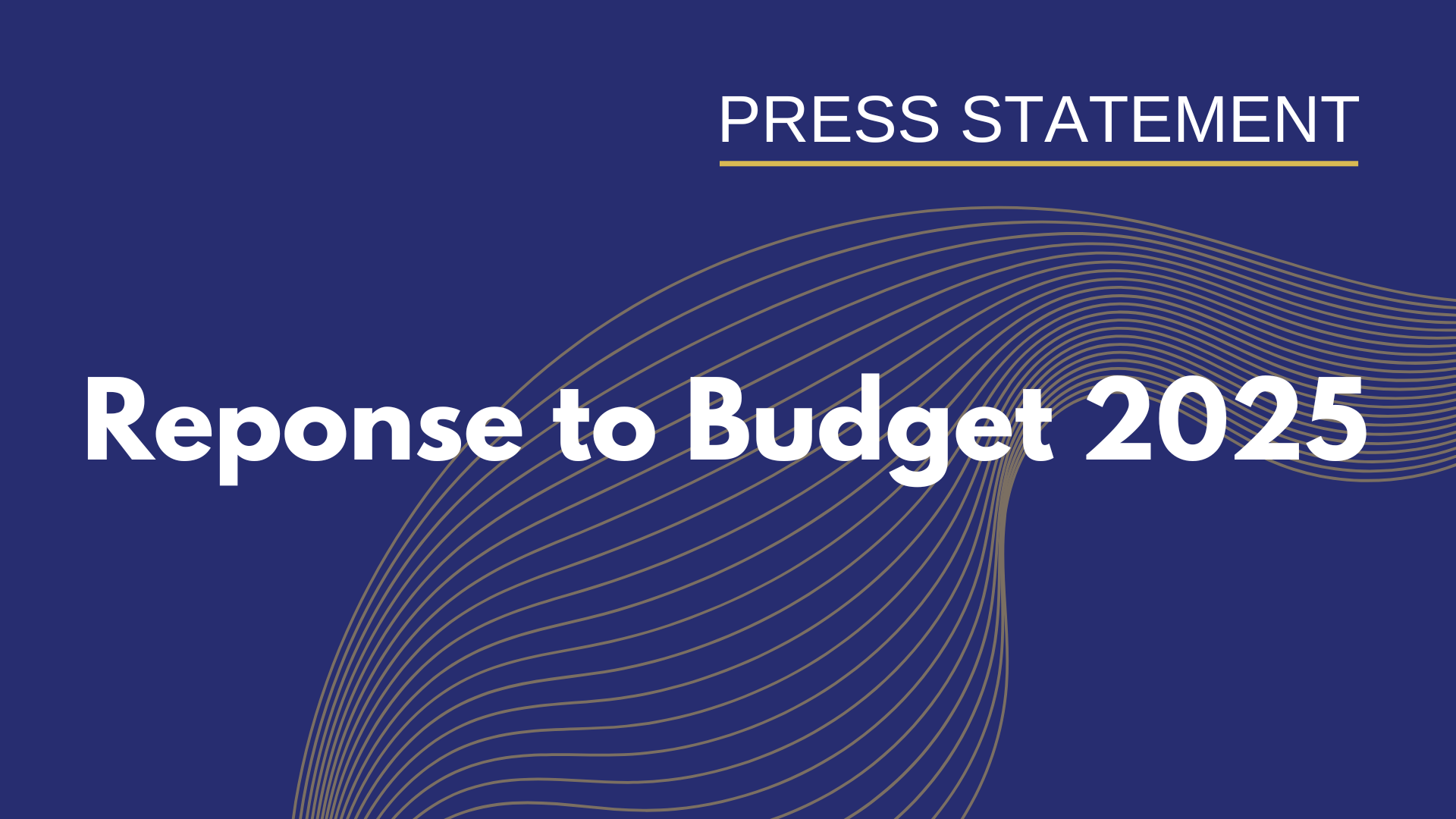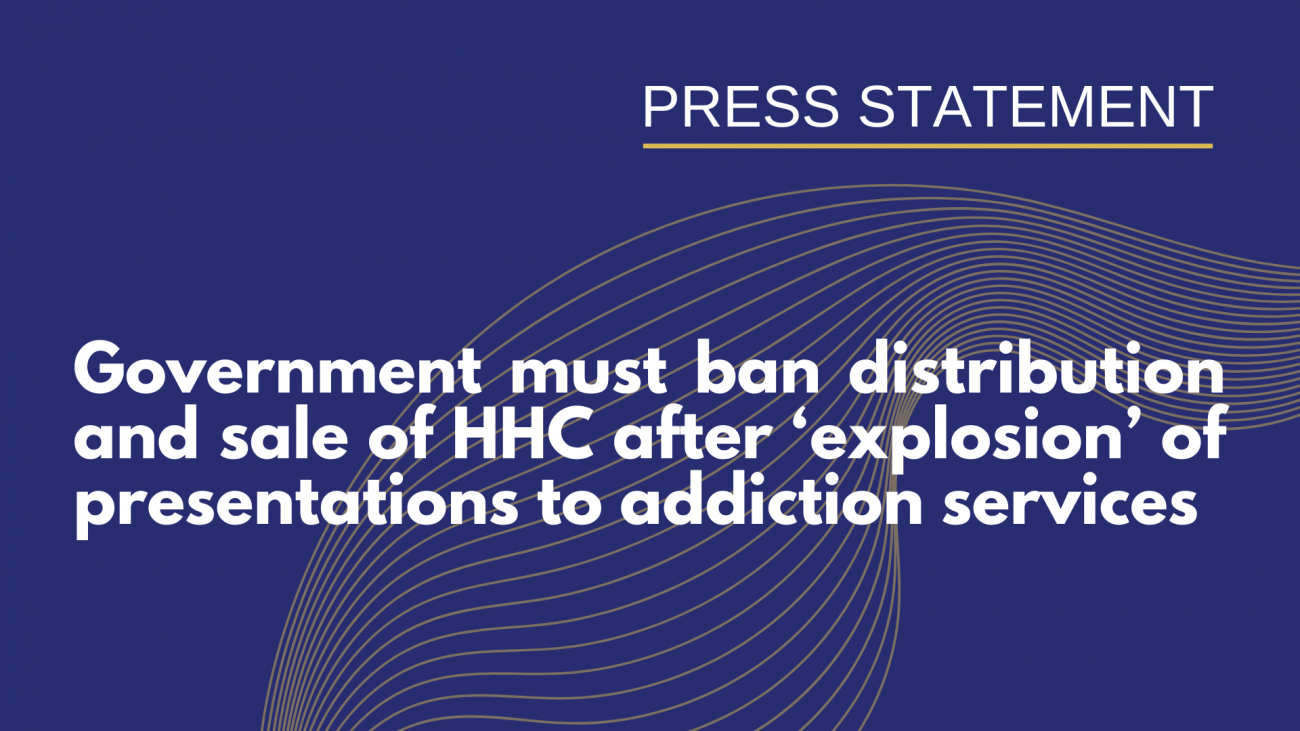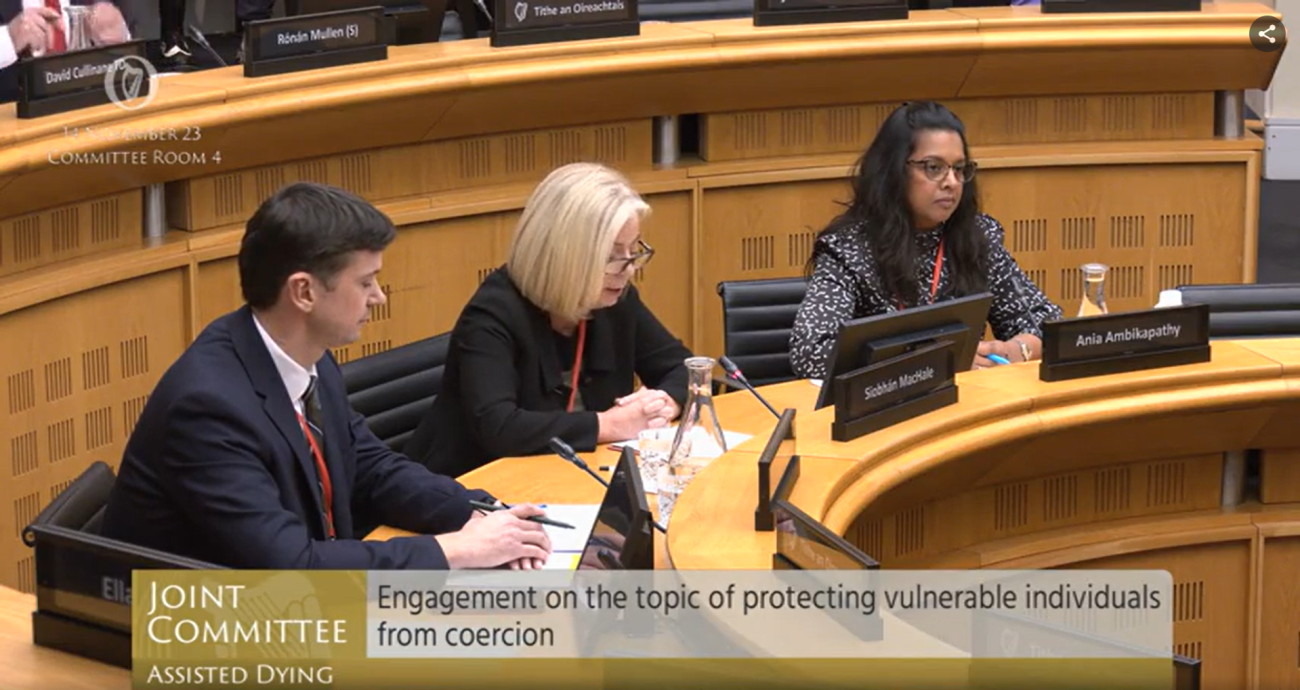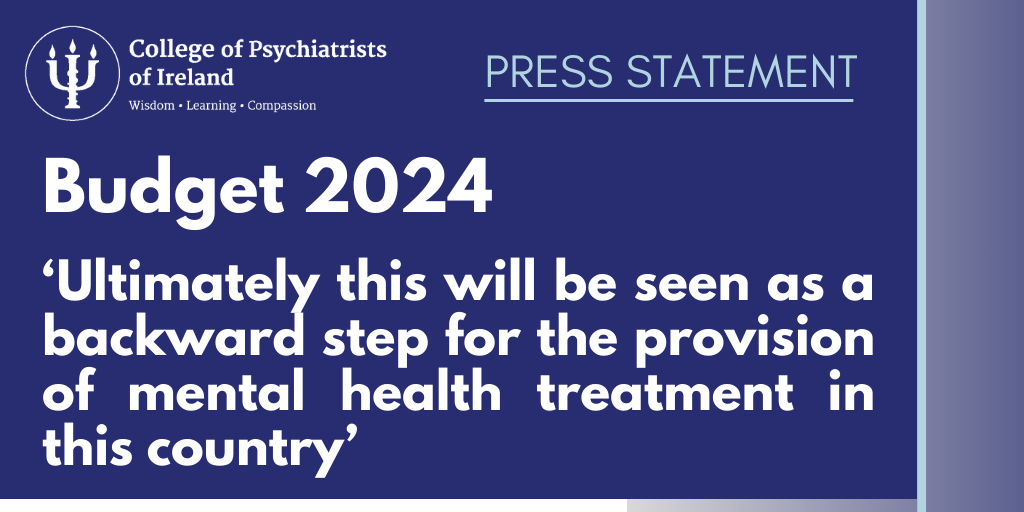Read the press statement via PDF here.
College of Psychiatrists of Ireland response to Budget 2025
-
‘It is highly regrettable that our meagre allocation of under 6% of the overall health budget has not been addressed’
The College of Psychiatrists of Ireland has described Budget 2025 as a “major disappointment”, adding that the measures introduced will not go far enough to recruit and retain the requisite number of doctors needed to provide an optimal service for patients.
The College dismissed the Department of Health’s claim of a “record spend” of €1.48 billion on mental health in Budget 2025 as “meaningless spin”, given the fact that the cost of virtually every aspect of service delivery has soared in recent years. At the same time the country’s population has also risen significantly and there are ever increasing demands on the service.
The College warned that an allocation of just under 6% of the overall health budget was far too low and should have at least doubled to bring Ireland in line with comparable countries. It noted that Sláintecare itself recommended that the budget for mental health total at least 10% of the overall health budget.
Speaking today, Dr Lorcan Martin, President of the College of Psychiatrists and a consultant in general adult psychiatry, said:
“Given the enormous amounts of money that the State had at its disposal, Budget 2025 has been a major disappointment. It appears that the Government has adopted a piecemeal approach of offering just a little bit to most stakeholders rather than focusing on areas that matter in both the short and long term, and ultimately it doesn’t go far enough. It is highly regrettable that our meagre allocation of under 6% of the overall health budget has not been addressed. Demand for mental health services has never been greater in Ireland, and without adequate funding and resourcing, patients will have poorer outcomes.”



